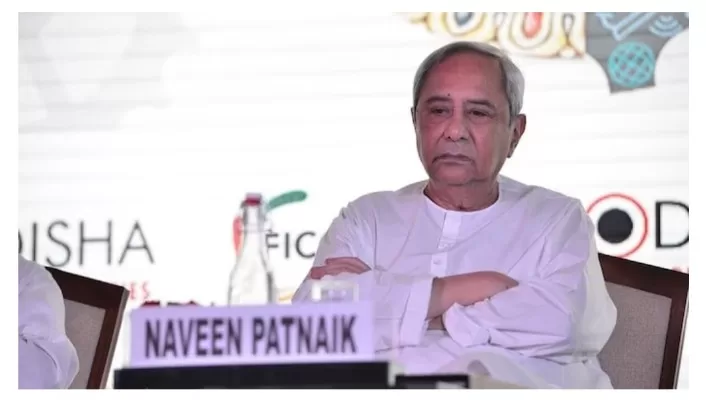In a proactive move, the Odisha state government, under the leadership of Chief Minister Naveen Patnaik, has initiated an exhaustive survey focused on the Other Backward Classes (OBCs). Emerging details suggest that the government is now considering the timely release of the survey report.
This significant step comes in response to the Chief Minister’s establishment of a commission specifically tasked with conducting an OBC survey within the state. Subsequently, the commission delivered its findings to Chief Minister Patnaik.
Notably, following the commission’s work, there were additional appeals made for inclusion in the OBC survey. This multifaceted approach underscores the Odisha government’s proactive stance and the commitment to pursue appropriate actions in response to the survey’s outcomes.
Furthermore, it’s worth noting that the Assam government recently announced its intention to conduct a comprehensive socio-economic survey focused on the five indigenous Muslim communities within the state. The objective is to devise strategies for their holistic development, encompassing healthcare, cultural identity preservation, education, financial empowerment, skill development, and women’s empowerment, among other crucial facets.
In parallel developments, the Bihar government, led by Chief Minister Nitish Kumar, disclosed the findings of its eagerly anticipated caste survey earlier this week. The data revealed that Other Backward Classes (OBCs) and Extremely Backward Classes (EBCs) constitute a substantial 63 percent of the state’s total population. This revelation underscores the significance of these communities within Bihar’s demographic landscape.
According to data unveiled by Development Commissioner Vivek Singh, Bihar’s total population stands at slightly over 13.07 crore, with the Extremely Backward Classes representing the largest social segment at 36 percent, closely followed by the Other Backward Classes, accounting for 27.13 percent.
As these surveys unfold and unveil their insights, they contribute to a deeper understanding of the socio-political landscape, with potential implications for policy and governance in the respective states.




